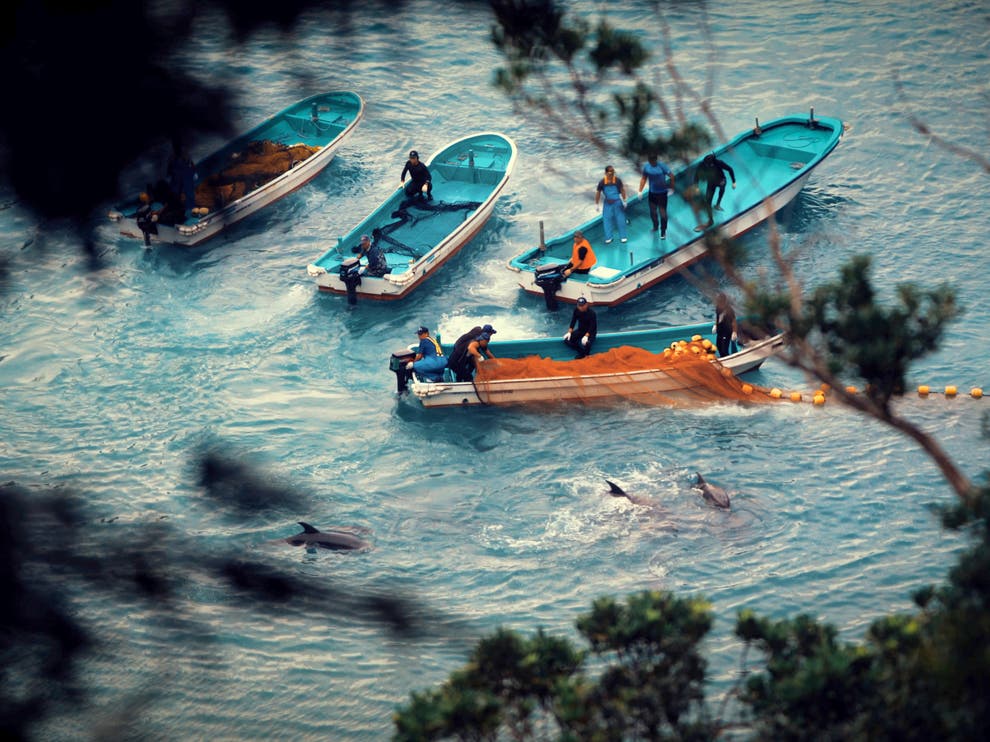Seaspiracy is one of those documentaries that is hard to watch. When exactly do you carve out the time to sit down and get sad for 2 hours about the state of our world, or more specifically our oceans?
But the Netflix film by Director Ali Tabrizi is one of those positive films in the way it make you think about your own habits, and empowers you with ideas about the small adjustments you can make to help the planet live on.
Because might not want to get sad before you feel empowered, Tessa - our impact manager, has summarised the top few points of Seaspiracy so that you can skip straight to the better habits thing if you wish. Thanks Tessa!
-
There is one garbage truck of plastic dumped into the ocean every minute
- The ocean produces 50-80% of the oxygen on Earth absorbing four times the amount of CO2 as the Amazon Rainforests
- In our oceans’ ‘garbage patches’ around 46% of plastic is represented by abandoned fishing nets, while plastic straws represent 0.03%
- Bycatch refers to when marine life are caught unintentionally by fishing gear / vessels. Bycatch removes about 40% of marine wildlife from the seas. It results in 300, 000 whales, dolphins and porpoises being killed annually while 30, 000 sharks are being killed every hour by the commercial fishing industry
- Marine scientist Professor Calumn Roberts argues that the 2010 Deepwater Horizon oil spill was beneficial to marine life because “large areas were closed to fishing” giving the oceans a “respite”
- Seaspiracy raises concerns of ‘dolphin safe’ - Marine Stewardship Council representative confirmed while fisheries have to meet certain standards to meet their criteria, they could never guarantee ‘dolphin safe’ fish as observers are not routinely on board and when they are, can be bribed.
- If we continue to fish on the scale we’re at now, we will virtually have empty oceans by 2048.
- According to Seaspiracy, the fishing industry is the most harmful industry, killing 5 million fish every minute.
-
Trawling is a fishing method whereby a net is towed by boat at either midwater or along the seafloor. Trawling can have a significant impact on the seafloor with Seaspiracy estimating 3.9 billion acres of seafloor has been wiped out from this method of fishing.
- Fish farms create a world of issues with lice infestations in salmon farms, with millions dying due to heart disease. Salmon farms produce as much organic waste as 20, 000 people.
- A mere 2.7% of the world's ocean is in highly protected areas with less than a decade to meet the goal of 30% by 2030.
As far as Seaspiracy is concerned, fish should be off the menu. For others, it may be to buy locally sourced fish. Take what you will, but Seaspricay is an opportunity to rethink how we view protecting our ecosystems as well as contributing factors to a changing climate.
PS. We are aware that some of the film's claims are being disputed, but we don't think that the fundamentals of the film are incorrect - overfishing is causing real world problems.

